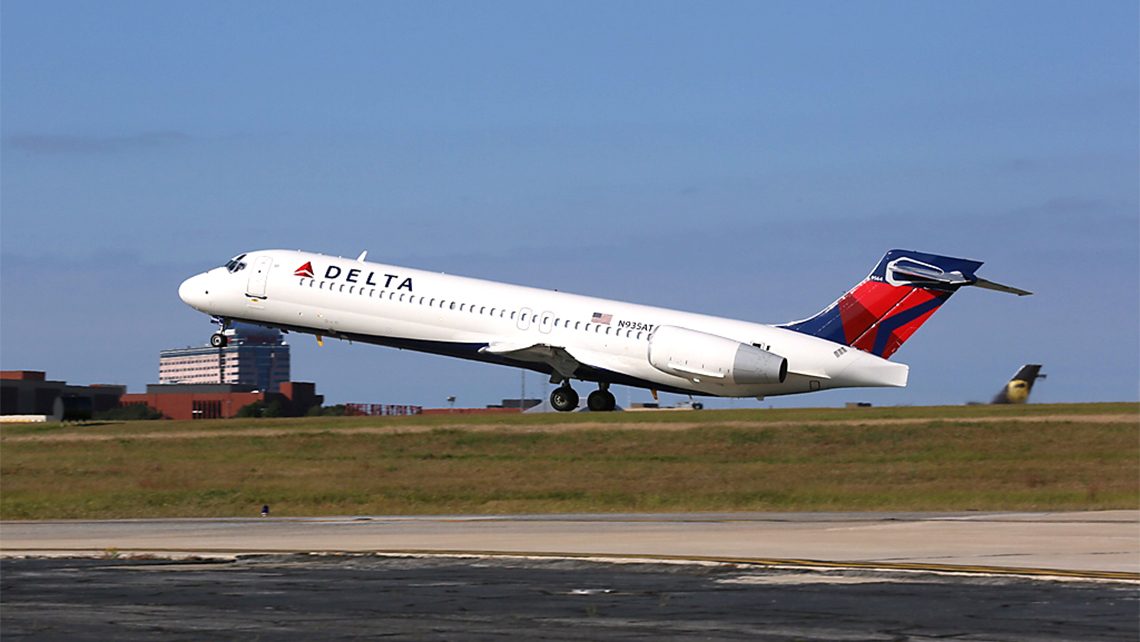
You might also like:
While Delta’s move to cut front-end commissions on international flights for U.S. agencies is not as extreme as the airline commission cuts of the 1990s, it could be the beginning of more incremental cuts from carriers going forward.
Delta declined to comment on the move, but a Valerie Wilson Travel executive said she believed the cut was enacted throughout North America, and some routes saw a commission cut as large as 50%. Travel Weekly sister publication the Beat, citing multiple agency sources, said it extends to large agencies like Travel Leaders, Frosch and Valerie Wilson.
Last week, industry analysts said the cut could be the first of many if other airlines follow suit and implement similar measures.
“Maybe I’m naive, but I do think a lot of the big chunks have already been taken out of the hides of the agency community, both corporate and leisure,” said Jack Mannix, founder of Jack E. Mannix & Associates. “That could be famous last words, but … I think we’ll continue to see a lot of these kinds of things happen, even if they’re relatively incremental in terms of impact. They’re going to be beneficial for the supplier.”
Whether other airlines follow depends on Delta’s success, according to Henry Harteveldt, founder of Atmosphere Research Group.
“Commission cuts are something that, frankly, airlines love to do because it’s an easy way to cut money,” he said.
If other carriers do not notice “meaningful” revenue shift from Delta to their own coffers, they will likely cut their commissions, as well, Harteveldt said. But the economy and the larger business environment as a whole will also factor into what other carriers will do.
“I think that if we see a meaningful falloff in demand because, for whatever reason, businesses begin to cut back on their travel spend, or if airlines hike fares because of fuel increases and they see demand slack off as a result, they may feel that commission cuts would be counterproductive,” he said.
Delta’s cut will have its greatest impact on agencies that sell a sizeable amount of front-of-the-plane seats, mainly corporate and luxury agencies, according to Robert Joselyn, president and CEO of the Joselyn Consulting Group.
“It’s significant in terms of a financial hit that is going to happen to those agencies,” he said.
Joselyn said he believes the strong economy has left airlines less reliant on agents to fill seats.
He posited that the cut could be an attempt on Delta’s part to eliminate paying commissions to smaller agencies that don’t sell many international tickets, while making deals to compensate larger agencies in some other form on the back end.
“I believe in the raw economics of this one,” Joselyn said. “Why would you pay somebody an incentive to put more people on your plane versus somebody else’s plane, both that were full to start with?”
Mannix said the exact impact of the cut will vary from seller to seller, but he also hypothesized that it’s likely that top sellers will come to different agreements with Delta to mitigate the effects of the cut, perhaps in the form of a bonus or something similar.
The executive from Valerie Wilson said the agency’s independent contractors could look to other airlines and their joint ventures for international bookings.
“I hope after they see there is probably a shift in share from us and other companies that they’ll come back to us to have a conversation,” the executive said.
Harteveldt said shifting share will likely be a common response from agencies, but they could face difficulties from clients who have a corporate contract with Delta, for example, or if an individual traveler has a preference for the airline based on loyalty programs.
Mannix agreed that many agencies will likely attempt to shift share to other carriers. However, he remained fairly certain that other carriers will follow Delta’s lead in commission cuts.
“They’ll wait and see, after the dust settles, how things shake out and so on,” he said, “but I would be surprised if most of the other major [carriers] didn’t follow suit.”
Source: travelweekly.com
